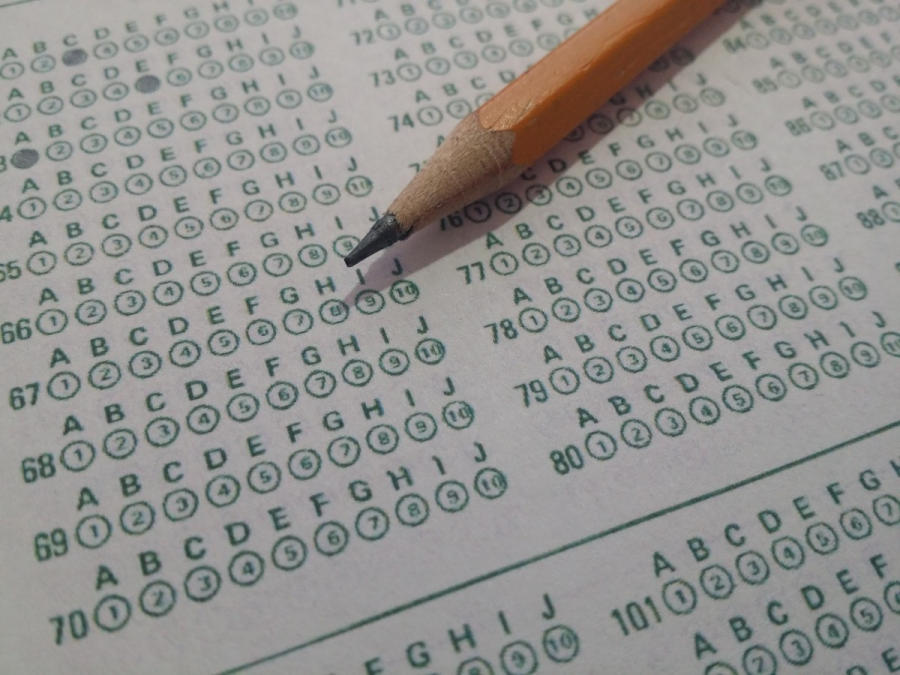After 96 years of students around the world taking the SAT on paper, the College Board has caught up with tech savvy, announcing that the SAT will be administered online for all high school students of the class of 2025. The test will take a span of two hours as opposed to the traditional three hours. Now with short reading passages and calculators permitted on all math sections, rather than just one of the two math sections.
Students will be able to take the exam on laptops and tablets at testing locations. If a student isn’t equipped with a device, the College Board will provide one. If the internet drops or the device dies, responses will automatically be saved and students will not lose any testing time.
The majority would imagine that students would be content, or even relieved, with the shorter reading passages, however, some disagree with this sentiment.
“Each individual has their own strengths and weaknesses in regards to retaining information and learning. These variables contribute to different ways each individual scores on tests. With reading passages being shorter and having only one question per passage, how does this help students develop their reading comprehension skills?” junior Raushan Oshan said.
The main question students pose is whether or not the SAT still stands as a relevant means to determine intelligence.
“In the coming years the emphasis on SAT scores contributing to college admission will see a significant decrease. I’m certain that as society progresses so will education as new things must become applicable to students of the coming generation. This will therefore bring new systems that measure students based on new relevant information,” Oshan said.
On the other hand, students seem to be satisfied with the changes to the math section, which include more word problems along with calculators being permitted on all sections.
“I think calculators being allowed in all sections is a really good idea because I feel like mastering the use of calculators are very underrated and can separate a good mathematician from a bad one, for example in the ACT you have to complete 60 math questions in 60 minutes so the time is very limited and u have to be really solid with ur calculator skills to get through a majority of the problems in a very short period of time,” senior Salamun Nuhin said.
FairTest executive director Bob Schaeffer, a skeptic of standardized testing, argued that while no retooling will increase the SAT’s worth, the refocusing of what colleges are looking for requires the College Board to change their testing goals.
“They need to reposition their product because of significant drop-off in test-taking and because the nation’s most prestigious public university system will never use it again, shifting an unnecessary, biased, coachable and poorly predictive multiple-choice exam that few schools currently require from pencil-and-paper delivery to an electronic format does not magically transform it into a more accurate, fairer or valid tool for assessing college readiness,” Schaeffer said.






































